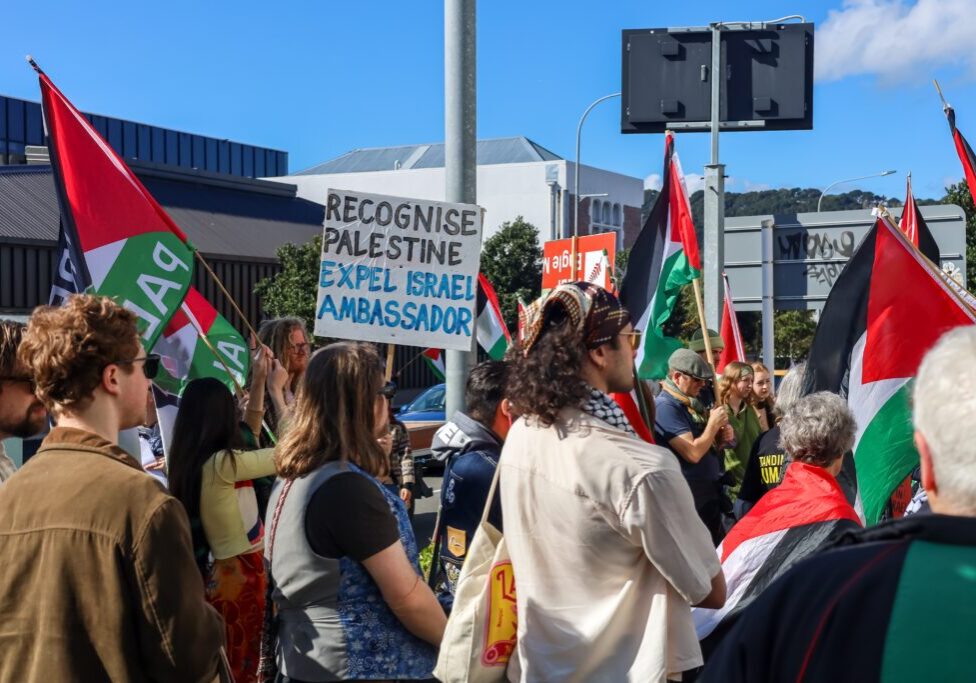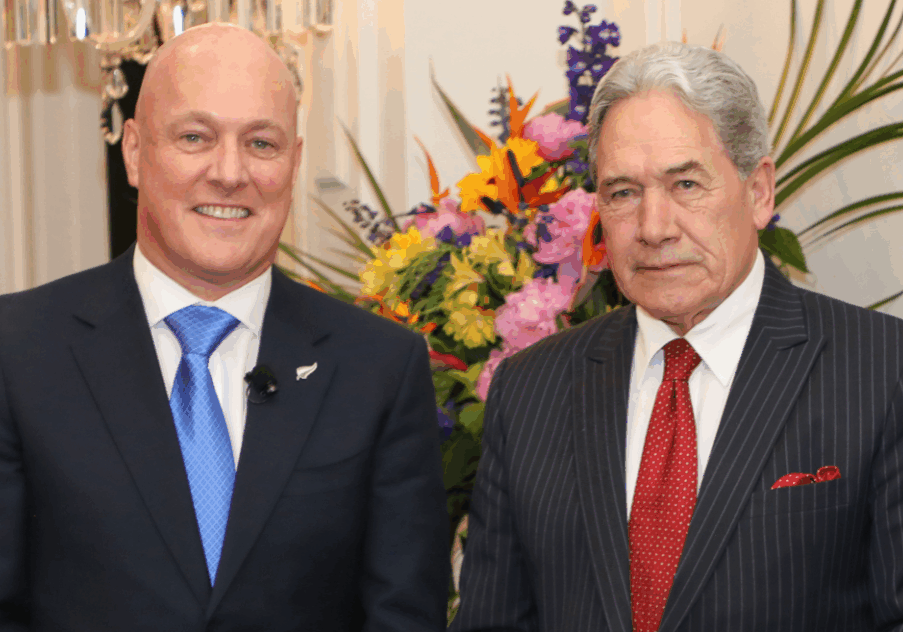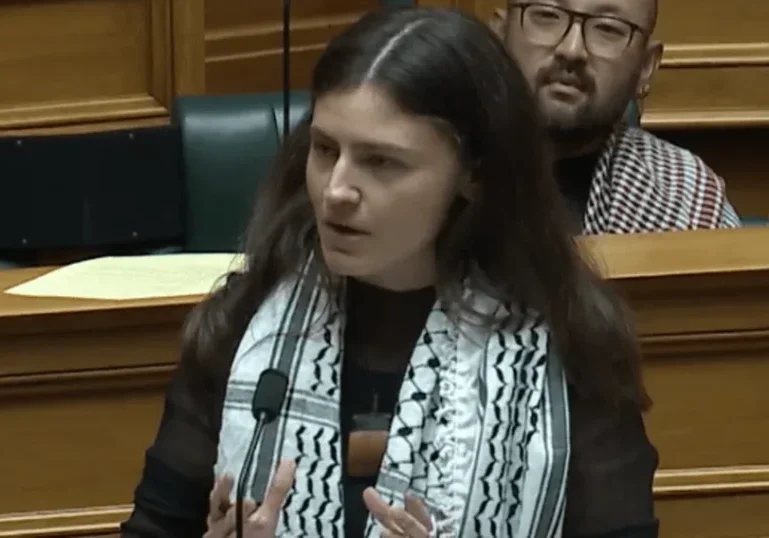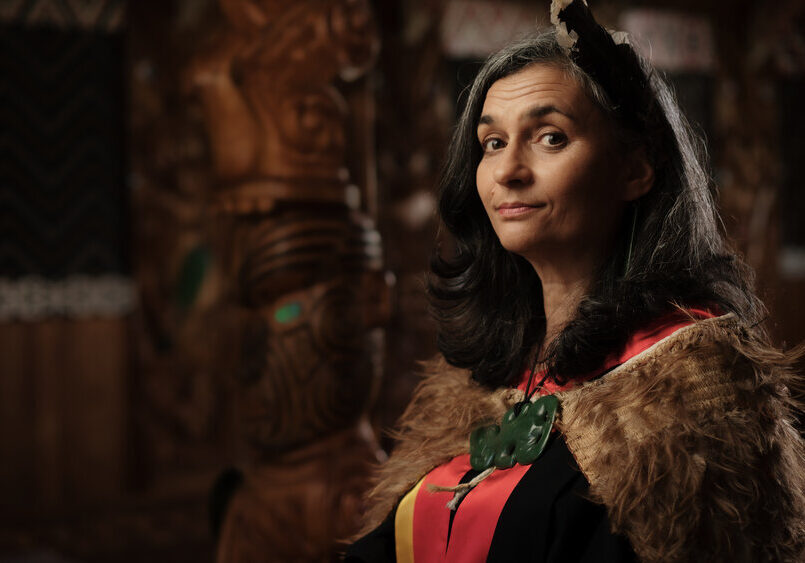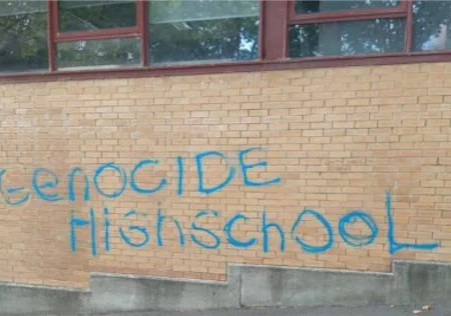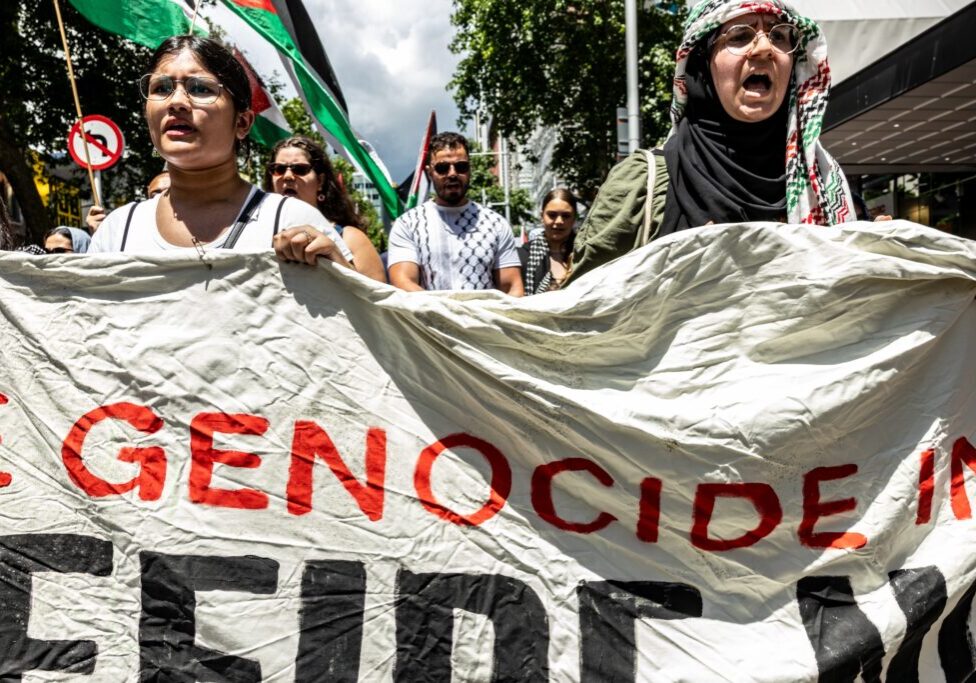Australia/Israel Review
AIR New Zealand: Political drama, and policy obscurity
Sep 5, 2017 | Miriam Bell
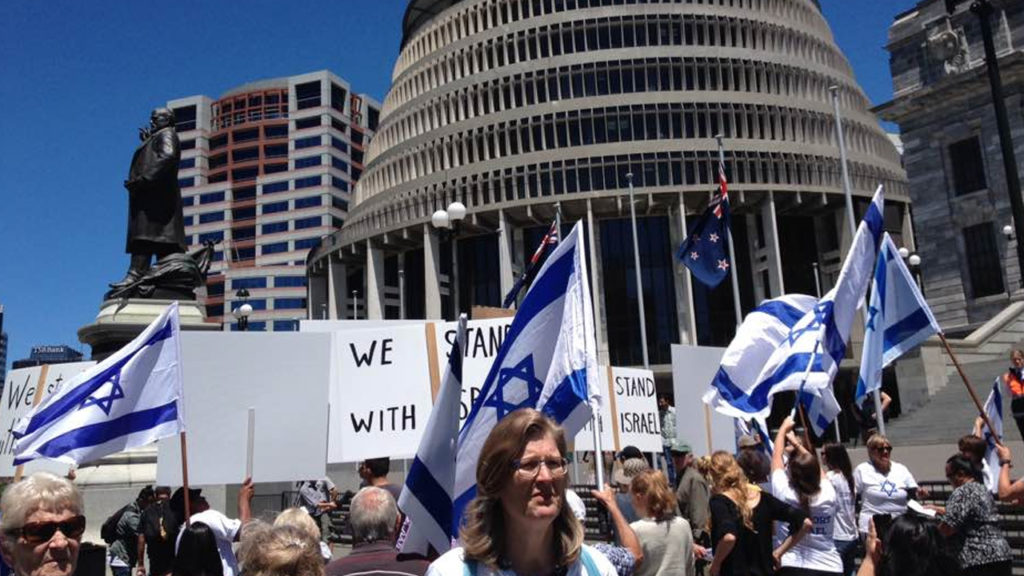
This year has been a unique one in New Zealand politics. An election scheduled for September 23 meant the political scene was always going to be more dramatic than usual, but no-one could have predicted the twists, turns and upheavals that have occurred.
While long-serving Prime Minister John Key’s sudden resignation in December took most by surprise, it has subsequently turned out to be the start of a trend. In recent weeks, three other political party leaders resigned just as the election campaign ramped up.
This has changed the political landscape. Just a month ago, the polls were firmly in favour of the re-election of the National Party, which has led government since 2008. Not anymore.
The resignation of former Labour Party leader Andrew Little in early August led to his popular young deputy, Jacinda Ardern, taking over as Opposition Leader. This change has proved wildly popular: “Jacinda-mania” means the Labour Party is now riding higher in the polls than it has for years and has a real shot at power.
Meanwhile, the Green Party has imploded following an admission of historic benefit fraud which led to the resignation of one of its co-leaders, Metiria Turei. Alongside this, United Future party leader Peter Dunne has now resigned, effectively consigning his party to the history books.
This dramatic stream of events means policy has been largely left on the backburner to date. Moreover, New Zealand elections have never hinged around foreign policy, and this one is no exception.
This leaves Jewish Kiwis who are keen to get a handle on where prospective parties might sit with regard to Israel, rising antisemitism, and the controversy over New Zealand’s co-sponsorship of one-sided and vehemently anti-settlement UN Resolution 2334 in January struggling to find answers.
However, Prime Minister Bill English fronted up to the Auckland Jewish community in a pre-election engagement in early July.
English reiterated that his government stood by the content of United Nations Resolution 2334. He did not understand why the New Zealand government should offer unquestioning support on Israel’s settlements, he said.
“We are good friends and good friends are able to question things. If the resolution indicates anything it is that there is not blanket support from New Zealand for every aspect of Israel’s policies.”
English said New Zealand’s fundamental position on the conflict hasn’t altered for some time and it reflects international views about a two-state solution.
But he did acknowledge that New Zealand’s involvement in the resolution was of concern to the Jewish community and to Israel. He also emphasised that his government sees New Zealand’s relationship with Israel as important, and condemned antisemitism.
Following this meeting, the NZ Jewish Council’s Stephen Goodman and community stalwart Gael Keren set out to get answers on similar issues from the country’s other political parties.
Labour said it is important to maintain New Zealand and Israel’s long-standing friendship, but that it has long been New Zealand’s position that the West Bank settlements are a provocative impediment to progressing to a two-state solution.
For this reason, Labour supports the action taken by New Zealand’s Government to advance UN Resolution 2334. “The resolution is balanced and also recognises the Palestinian Authority must also take steps to implement the two-state solution and control violence against Israel.”
Labour also said it condemned antisemitic actions and rhetoric. “We must remain vigilant against emergent forms of anti-Semitism here in New Zealand and reject it utterly when expressed through word or action.”
Leader of the centre-right ACT party David Seymour said his personal view is that New Zealand should be supportive of Israel as the only true democracy in the Middle East. “It certainly should not be sponsoring resolutions that would make the country unviable.”
The electorate he represents has a sizeable Jewish community and that means he is acutely aware of antisemitism, he said. “But ACT has always stood up for the rights of minorities.”
While NZ First didn’t provide a response, it should be noted that the party’s leader, Winston Peters, went public with his staunch opposition to the New Zealand government’s involvement in UN Resolution 2334 earlier this year. Peters, who may be poised to be the kingmaker in any government come September, has long been a vocal supporter of Israel.
The Green Party also didn’t respond but its foreign policy spokesperson, Kennedy Graham, recently left the party as a result of its implosion. In the past, the Greens have taken the most active pro-Palestinian stance of any New Zealand political party. However, the party is currently well down in the polls and may not make it back into parliament.
There is now little doubt the election will be a tight race, but the reality is that, as mentioned, both the main political parties are likely to need NZ First to form a coalition government. That means Peters, who previously served as Foreign Minister, may have a degree of policy influence for his pro-Israel positions.
Tags: Australasia, New Zealand

